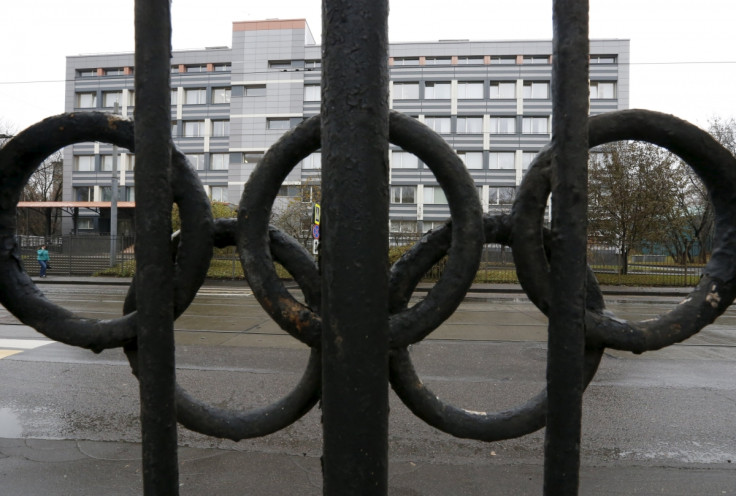Russian athletes face Olympics ban over doping data manipulation
The athletes might face a four-year ban but will be able to participate in Euro 2020
Russia might face a four-year ban from all major international sporting events as a result of the recent accusations of manipulating laboratory doping data.
A few months ago, WADA's CRC (Compliance Review Committee) declared that the Russian Anti-Doping Agency (Rusada) had been non-compliant, courtesy of the inconsistencies in their key database of the test results belonging to their athletes.
The World Anti-Doping Agency (WADA) will make the final decision later at their meeting in Lausanne, Switzerland. Sources claimed that Russia might be banned from both the 2020 Tokyo Olympics and the 2022 Beijing Winter Olympics. The nation might also be restricted from participating in the 2022 Football World Cup, due to be played in Qatar.
As of now, Russia's sports minister Pavel Kolobkov has yet to make any statement about the probable ban of his nation. Last week, he told the reporters to wait until the Lausanne meeting is completed.

Before the meeting takes place in Lausanne, members of WADA's Athletes Committee have already demanded a blanket ban on the Russian athletes who are competing at the Olympics.
The WADA Compliance Review Committee has recommended for Russia not be allowed to host any major event for the next four years if the ban is imposed. Neither can they bid for organisation rights. They might not even be given the right to bid to host the 2032 Olympic and Paralympic Games, regardless if the bidding is organised within or after the four-year ban period.
For four years, Russia's flag might not be flown at any major sporting event.
However, Russian athletes and their support staff can participate in major sports events in this four-year period only if they can demonstrate their compliance with WADA. Such circumstances will see these athletes competing as neutral participants.
In case Russia has already been awarded the right to host any major sporting event that is due within the ban period, the signatory has to withdraw the right and then re-assign it to another country.
Although WADA is likely to back the four-year ban, BBC reported that Russia can still compete in the 2020 European football championship. Also, Saint Petersburg is set to remain as one of the major host cities for the next summer's iconic tournament.
© Copyright IBTimes 2025. All rights reserved.





















